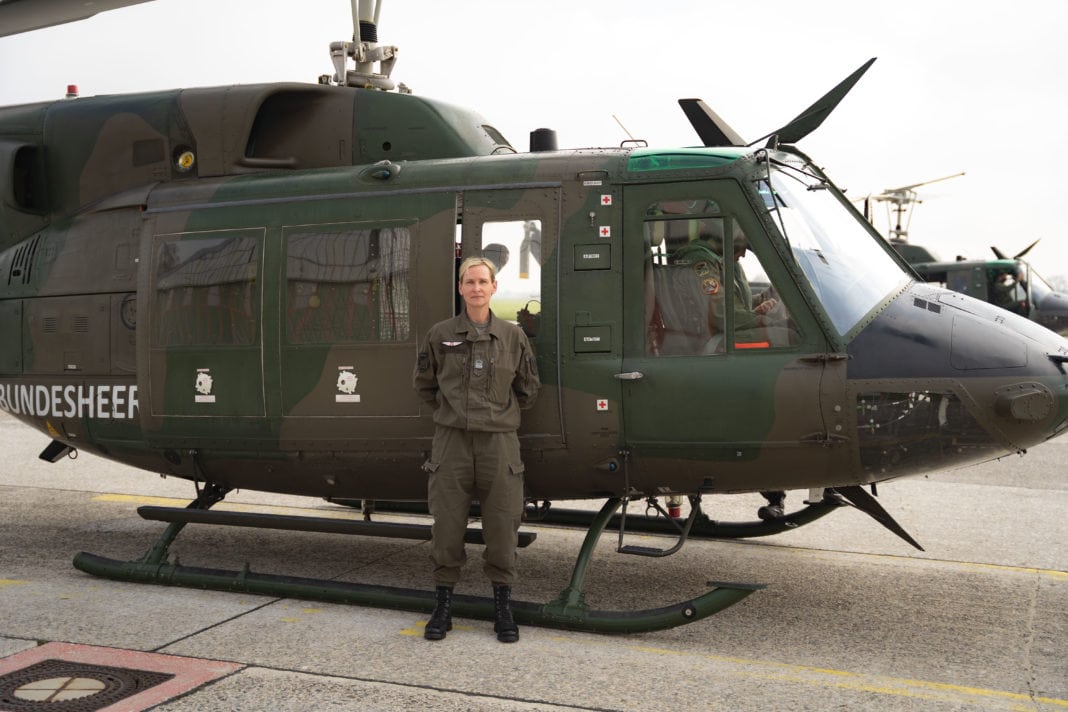On the occasion of the Girls’ Day, Chief Constable Susanne S., a member of the Air Support Command, explains her motivation for pursuing a career in the Austrian Armed Forces.
Chief Constable, how did you come to join the armed forces? How did this career choice come about? My interest in the armed forces began at a young age. I accompanied my father (a marksman) to the barracks for competitions. When I was 18 years old, it was not yet possible for women to join the army, so I started working as an assistant in an orthodontic surgery. In 2002, I took the plunge, faced the challenge and started something new. My family supported this, otherwise it would not have been possible for me to work as a single parent in the military. The creation of professional kindergartens is a general concern, as this would make it much easier for women and men to do their jobs. This should be promoted by the employer. In addition, new jobs could be created, and in most barracks it is possible in terms of space. You have just changed jobs. You will be working in HR administration in the future. What came before that? My choice fell on the helicopters. I still work in a flying unit. My first post in Aigen im Ennstal allowed me to reconcile my job and raising children. Combining both was important to me right from the start, because during my training as a non-commissioned officer I experienced how much time you lose just traveling across Austria. As a “late starter”, how did you find dealing with the younger course participants? I didn’t have much free time as I wanted to pass the course the first time and didn’t want to fail due to a lack of preparation. My younger comrades of around 20 years were more relaxed about this. Despite my change of job, I am still an active KIOP/KPE soldier. To date, I am still deployed abroad with the helicopters of my unit, the Air Support Command. Would you recommend the armed forces to other women? Absolutely! I have never regretted my decision. It was the right decision. It is important to find out whether this profession suits your life plan. The HPA (Army Personnel Office) is the first source of information here. Honest information about the expected hardships and rewards for one’s own performance are important in order to avoid having the wrong idea about this profession. Accompanying mentoring by experienced female soldiers also provides support during training. Women should not shy away from this challenge, but in addition to motivation, physical fitness, stamina (willpower) and flexibility, they should also have self-confidence. Then nothing stands in the way of a career as a female soldier.
Click here to read the other articles in our “5 questions to” series.










